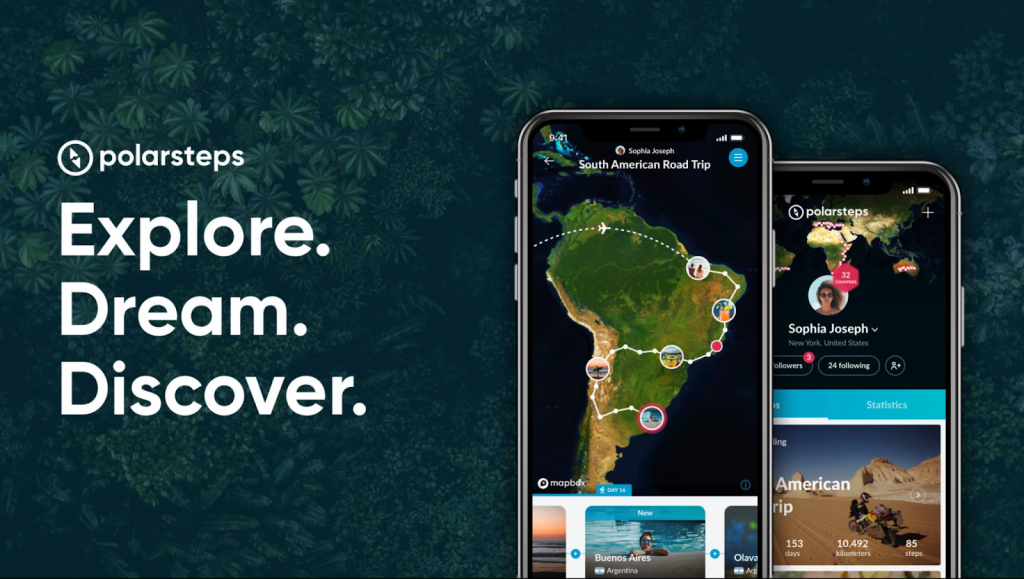Travel volume is making its way back to pre-pandemic levels and the luxury travel market specifically was worth $1.2 trillion in 2021. The luxury category is expected to grow 7.6% through 2030 and providers and suppliers should take note of the opportunities within this specific area of the business. Elite clientele will continue to demand ‘Instagram-worthy’ experiences as emotional buying decisions will most likely trump any other factors. Higher income travelers are known to adopt technology faster as affordability and access are not issues when something ‘hot and new’ hits the market. 2024 promises to be an exciting year for luxury travel but consumer behaviors have seen shifts and travel providers that can cater to trends in the market will be in a position to maximize opportunities within the luxury space.

Technology Highlights Sustainability
The drive to ‘green’ industries has created a niche market known as ‘sustainable travel’. Global warming and environmental damage may be top of mind for some as buying decisions may be solely based on the carbon footprint of the entire experience. Higher income and higher net worth individuals may be more sensitive to the environment and can easily afford more expensive, but environmentally friendly products. That mindset is driving popularity and volume for sustainable travel experiences. Consumer facing technologies can easily be adapted to showcase or filter sustainable travel options. For example, many major air travel aggregators are now highlighting carbon footprint impact for each flight and are offering options that output less carbon. Technology can also help facilities and transportation providers improve their carbon footprint by streamlining operations and optimizing schedules to maximize use of resources. Simple tools such as programmable thermostats and energy management software can help hotels and resorts save thousands of dollars every month while reducing their environmental impact. Sustainable travel is a major trend for luxury travel buyers and offering services that consider the environment could sway the needle when it comes to the client making a purchasing decision.
Luxury as an Individual Concept
Personalization and luxury go hand in hand and that extends to the travel category. In 2024, technology will help increase personalization opportunities for luxury travel clientele. From the individual’s perspective, noise canceling technology has always been a popular luxury travel technology and this year, new innovations will enhance portability and functionality for these premium type devices. GPS trackers have exploded in popularity and can enhance the traveler’s peace of mind. These devices have become so small that they can fit in any size bag while some elite baggage makers build these devices into the bag itself. Luxury travel clients are quick to embrace new technology and mobile apps and devices are now considered travel essentials in this category. Mobile travel apps, such as the in-development PokkeTTREK app, can track distance and other statistics for trips as well as organize images and videos in one centralized file. Artificial intelligence has caused a mini revolution in travel marketing and can add further personalization for luxury travel purchasers. With a few inputs from the client, the AI infrastructure can create an itinerary that fulfills all parameters from the user. AI based recommendations will be a powerful tool in the luxury travel market.
Sharing the Luxury
The ‘Sharing Economy’ trickles up to the luxury category as elite travel clients increase their want of localized experiences. Home swapping is a new trend in technology that allows luxury homeowners to post their residences on a centralized platform with the goal of ‘swapping’ homes with another in a different location. This could enhance the experience as a luxury home would provide a more local feel and may be more conveniently located. Vetting and verification of listings would be delivered by the platform, offering peace of mind and security to users of the platform. This type of transaction extends beyond the traditional AirBnB model which is still essentially an online hotel aggregator. Home swapping offers a more personalized and localized approach which enhances any luxury type experience.
Luxury Travel Continues to Forge Ahead
The luxury travel category is expected to grow over the next 6 years and elite travel clients will continue to demand unique and specialized experiences. Technology and travel go hand in hand and those luxury travelers strongly adopt and embrace technology at a much quicker pace. With the environment rapidly becoming a hot button issue, sustainable travel is becoming a preferred choice when making travel purchases. New technologies can offer distinct personalization of experiences which is a key want of luxury travelers. Travel providers that can offer or spotlight these personalization elements would have an upper hand in this end of the travel market. Sharing or swapping of luxury homes is another type of experience that luxury clientele demand. Enjoying localized experiences is another high value element for this group of customers. As more technologies evolve, the travel business will continue to benefit by offering unique products and services that luxury travel clients are seeking.

